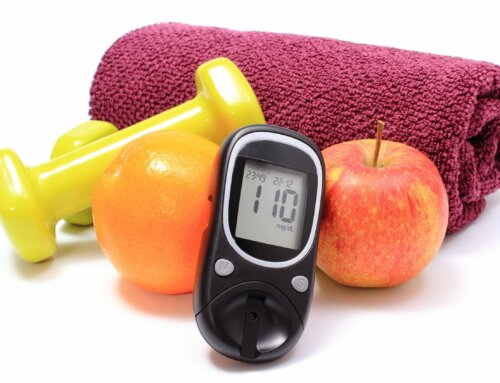No kidding. Well, actually, lots of kidding around has proven to give major physically beneficial effects on the body. Humor’s effects are likened to internal jogging. It is good medicine!
I can give you the medical facts about laughter elevating serum oxygen levels, which benefit the cardiovascular system, or that laughter stimulates the Immunoglobulin Assay (IgA), improving immune system function. But what I really want to highlight is how humor can change one’s mind, attitude, and mood to concretely improve how you take care of your diabetes.
Diabetes is not funny. However, humor in our daily lives grants us many benefits. It has been indicated that preschool age children laugh 400 times a day and adults only 15 times each day. You can easily add humor to your coping skills and reduce your stress levels by consciously shifting the way you look at things. This shift in attitude will help remove the tension that comes from listening to well-intentioned yet seemingly endless advice. Also, humor can help you manage your diabetes more effectively by bringing a feeling of openness to difficult issues.
Here are some examples of the value of humor and laughter:
- Pleasurably discharge the difficult emotions of diabetes. This allows you to release the anger, frustration, anxiety or fear that interferes in your quality of life and mood, as well as following through with your diabetes regimen. “I am not afraid of death; I just don’t want to be there when it happens” (Woody Allen).
- Get relief from chronic worry: Humor can relieve you of the chronic worry and concern that diabetes can bring. Remember, no “premeditated suffering.”
- Lower the anger or hurt: Sometimes situations (or the very anticipation of them occurring) can hamper your point of view. It is good to rehearse potential situations that may arise. Q. “Can I catch diabetes?” A. “Only if I don’t like you!”
- Gain a new perspective: Laugh your way to a new attitude. “I am not overweight. I’m just not tall enough!”
- Ease social situations: Q. “Should you be eating that?” A. “Why, is the cook that bad?”
- Combat feelings of inferiority or vulnerability: Remember, you are a person with diabetes. It is not your identity. “I see a light at the end of the tunnel. I think it’s a train.”
- Prevent burnout from the chronic nature of diabetes. When you test your blood sugar and it is high, you say “Sell!” (and then, after you laugh, make your corrections and do some honest analyzing).
Okay, maybe my jokes aren’t funny (to anyone but me) and the trick to humor is to think funny rather than actually be funny. Here are some “how to” tips on bringing more humor into your life:
- Look for humor in everyday situations.
- Learn humor by reading a joke book, seeing a funny movie, and watching comedians, sitcoms and children.
- As stress is happening, pause to think about telling the story about the tough situation later as a funny anecdote to friends and family.
Laugh Until You Drop – your blood sugar, that is!
And while you’re at it, your blood pressure and feelings of hostility will go down, too.
Remember, he/she who laughs – lasts!






Leave A Comment